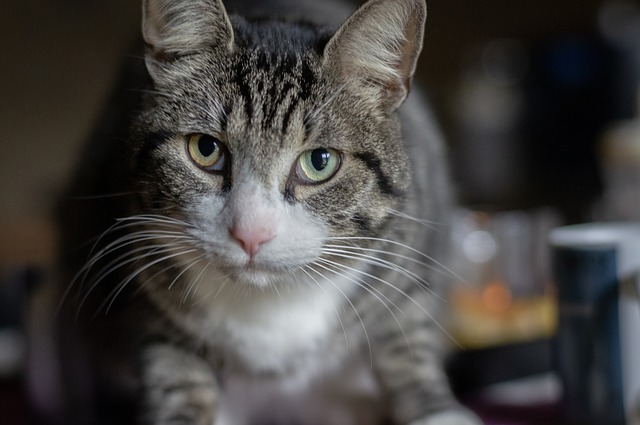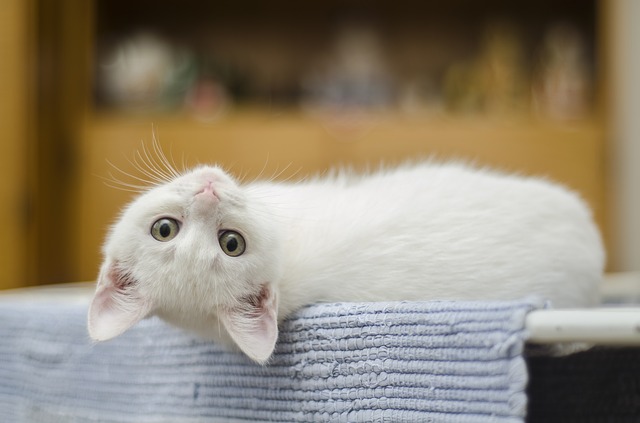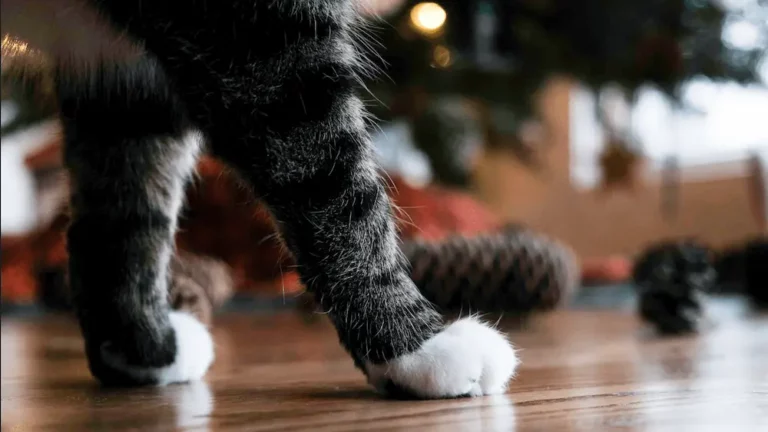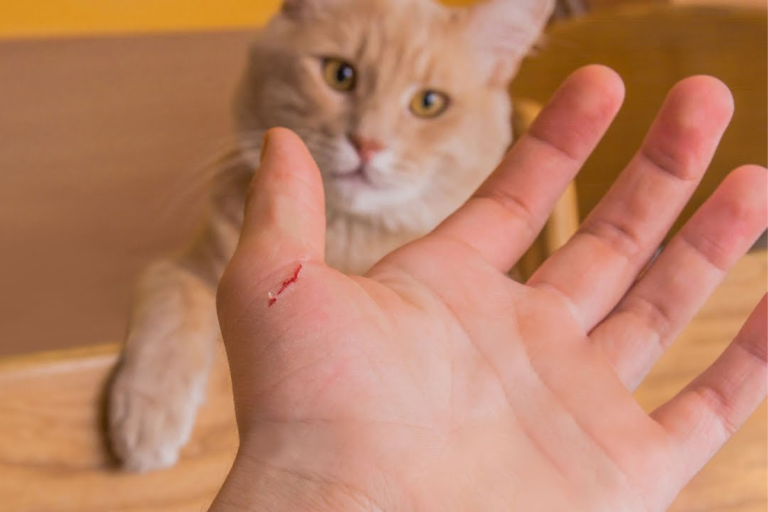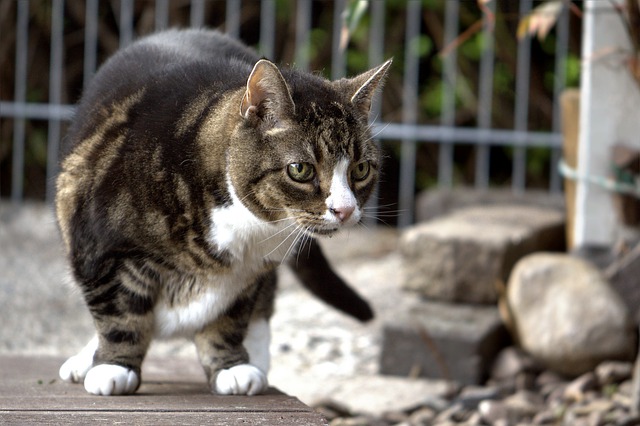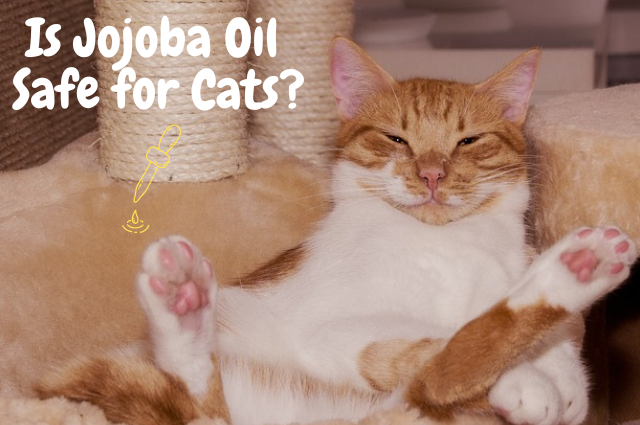Does Your Cat Have Gastroenteritis? Warning Signs & Treatment
If your
However, it’s not a disease — it is what happened because of the primary disease. Your
In this post, we’ll look at what causes gastroenteritis in cats, its symptoms, how it can be diagnosed and treated, and what you can do to prevent it.Â
What causes gastroenteritis in cats?
Gastroenteritis is the inflammation of the gastrointestinal tract, and it usually involves both the stomach and the intestines. It can be something minor, and it can be caused by indigestion, or it can be developed because of serious issues such as infections, intestinal blockages, or pancreatitis.
How do cats get gastroenteritis? First of all, this isn’t (necessarily) a contagious condition unless it is caused by an infectious pathogen. If it’s caused by a bacteria, virus, or parasite that can be passed on from one
However, if it’s caused by indigestion, it isn’t going to affect the other cats living in your household.
Gastroenteritis can be caused by the following factors:
- Changes in the
cat ’s diet - Blockages
- Exposure to toxins
- MedicationÂ
- Pancreatitis or other abdominal problems
- Bacterial infections
- Viral infections
- Parasitic infections
- Hyperthyroidism and other endocrine diseases (diabetes)
- Cancer
You can’t know for sure which one of these has led to your
Common symptoms
The two most common clinical signs of gastroenteritis in our feline friends are vomiting and diarrhea. But as you know, cats can vomit because of hairballs, when you change their food, because they’ve ingested a foreign body while they were outdoors, or from a variety of other reasons.Â
Your
- Abdominal pain
- Loss of appetite
- Gagging or dry heaving
- Abdominal tenderness
- Fever
Most cats are typically lethargic, also because they tend to become dehydrated as they lose water through vomiting and diarrhea.Â
What’s worth noting here is that gastroenteritis commonly causes diarrhea in cats several times over the course of a day, so by the end of it, she could be in a bad state. After all, she’s lost a lot of water — and cats aren’t known for drinking a lot of water, which makes matters even worse.Â
Feline gastroenteritis – Diagnosis
This condition is diagnosed by exclusion, which means that the vet has to rule out all other possible causes and diseases before settling on this one. Once again, it’s not a disease per se – it’s a number of symptoms altogether, and it involves a larger organ being affected.Â
The vet first has to obtain your
Some of the tests that your vet might need for the diagnosis include but are not limited to:
- A complete blood count
- Serum chemistries
- A urinalysis
- A fecal test
- An ultrasound
Not all of these are necessary, but if your
A complete blood count can show the vet whether there is any abnormality in terms of the white blood cell number, in which case the
Hemorrhagic gastroenteritis in cats
This type of gastroenteritis should be treated as an emergency. If your
Hemorrhagic gastroenteritis is caused by inflammatory bowel disease, pancreatitis, or viral infections.Â
Eosinophilic gastroenteritis in cats
A
How to treat gastroenteritis in cats
If nothing seems to be at the root of the problem other than a change in the
Rehydration treatment is used in bacterial and viral infections, as well, because the
The prognosis is excellent in cases of indigestion, but it is reserved if the
Tumors of the gastrointestinal tract can be very hard to treat. As you know, cats are particularly good at hiding illness, which means that by the time any symptoms show up and you take your feline buddy to the vet, the disease might have progressed quite a lot.Â
Some intestinal tumors can be removed surgically, but if the cancer has reached an advanced stage, your
Healing cats from gastroenteritis is, however, easy if it is caused by indigestion and an infection caught in its early stages.Â
How long does gastroenteritis last in cats?Â
Depending on its cause, some cats can recover fully from gastroenteritis in less than two days’ time, but others might have to be monitored for one or two weeks. Some obstruction or occlusion cases can be solved surgically, in which case the recovery time will be a little longer.Â
Prevention
As I might have mentioned, cats hide illness, so the first piece of advice that I can give you is to pay attention to any changes in your
If you want to change your
Brush your
This post contains affiliate links on some of the images. You can support this blog by trying out the products recommended in this article.Â
[irp posts=”512″ name=”11 Best Probiotics for Cats – Reviews & Analysis”]
[ratings]
